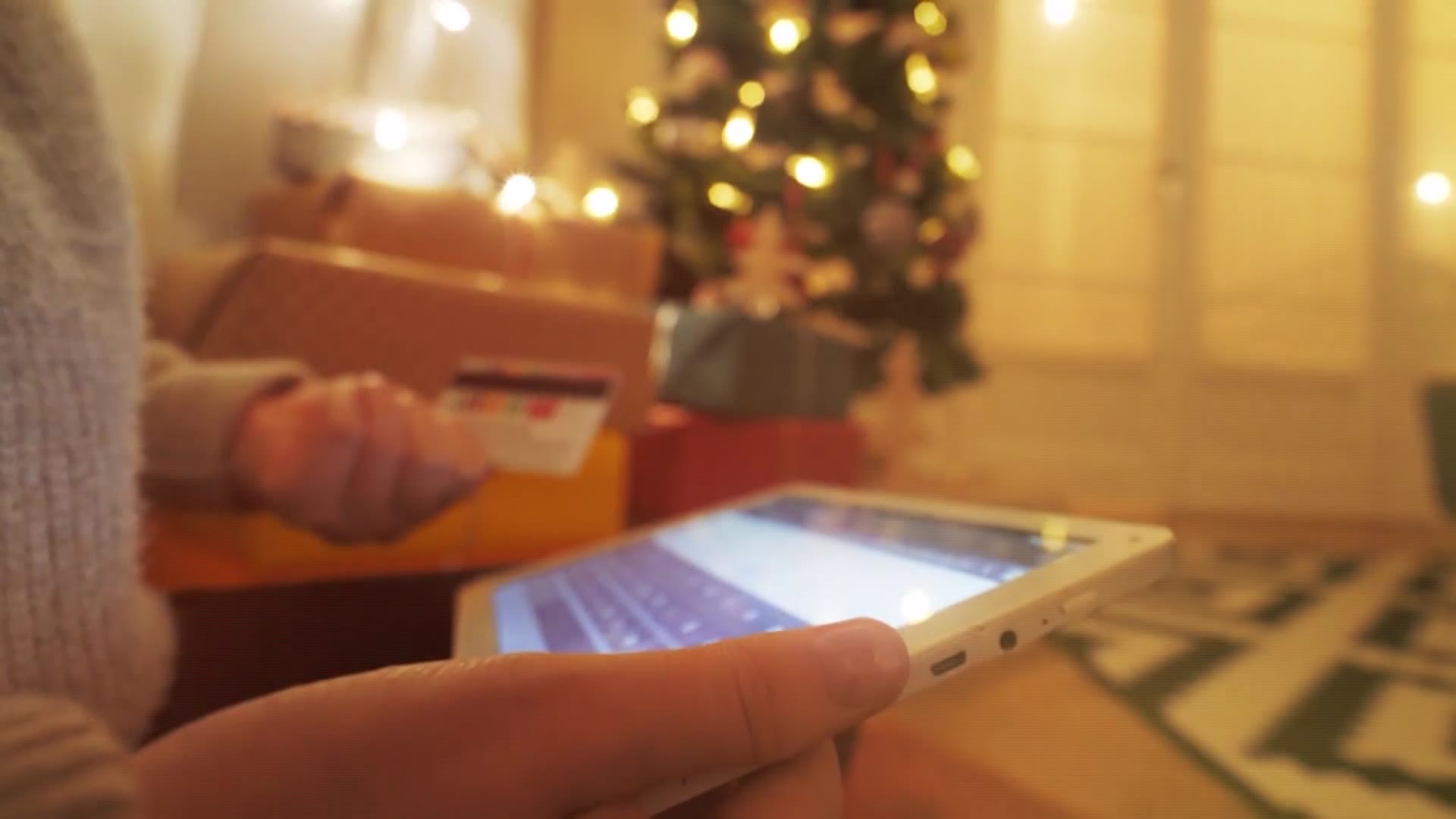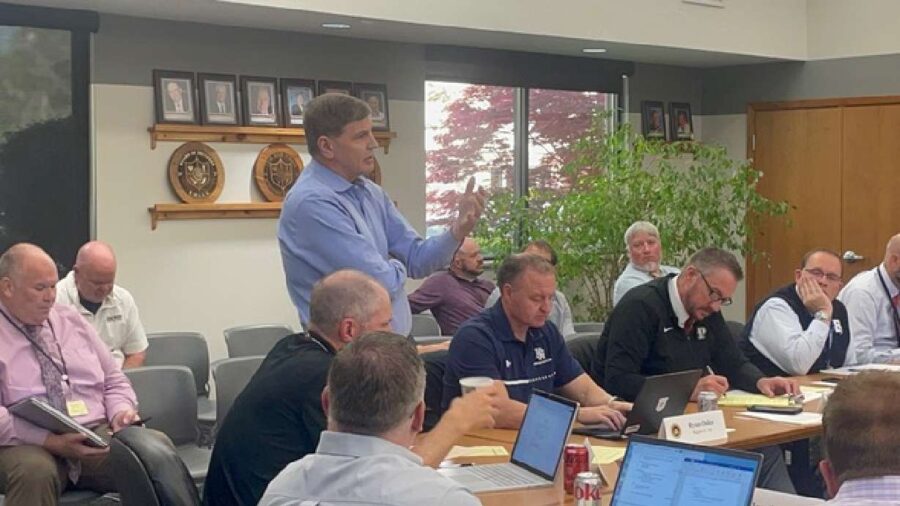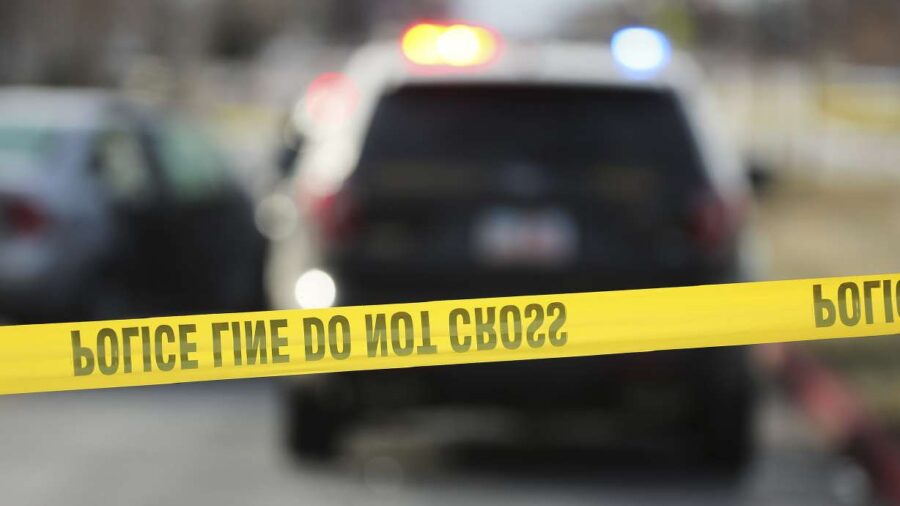Criminal Justice Reform Aims To Remove Felon Label From Thousands Of Utahns
Sep 24, 2019, 5:35 PM | Updated: Jul 16, 2023, 3:35 pm
SALT LAKE CITY, Utah – Salt Lake County officials signed a motion for courts to reduce felony drug-possession convictions in thousands of cases from 1998 through 2015.
The Salt Lake County District Attorney and Salt Lake County Legal Defender Association made the move Tuesday to break down barriers to employment, housing, and opportunity for more than 12,000 former felons.
The motion would reduce felony convictions on drug possession crimes to misdemeanors.
“This is the right thing to do because it impacts so many people in such dramatic ways,” said Salt Lake County District Attorney Sim Gill. “Every single person in this motion has paid their debt to society.”
It’s a chance at a clean slate for people convicted of drug crimes and Gill called this a move towards restorative justice for those who have paid their debt to society.
Gill said he was pretty sure he’s the first DA in the country to make the move, following state law to retroactively reduce prior felony convictions on drug possession crimes.
Gill and Richard Mauro, executive director of the Salt Lake County Legal Defender Association, signed the motion for the court to reduce convictions of more than 12,334 drug offenders from 1998 through 2015, changing drug felonies into misdemeanors.
“Having a criminal record is the modern-day equivalent of being forced to wear a scarlet letter,” Gill said.
The promise of our criminal justice system, however, is built upon the concept of rehabilitation, he said.
“That when you have paid your debt to society, you are welcomed back into the community of citizens,” he said.
But that’s not what typically happens, Gill said. Collateral consequences of criminalizing drug abuse, rather than treating it as a public health problem, even after an individual had paid their debt to society, continued to have a disproportional impact for many years.
“This impacts employment, housing, education of thousands in our community,” he said.
Tuesday’s reduction in the convictions should take care of the disproportional consequences of their crimes.
“If we’re going to have any meaningful reform, then we must make sure when you have paid your debt to society these barriers must also be eliminated,” Gill said.
In 2015, the Utah legislature decreased penalties for drug possession. The law marked a change in philosophy towards incarceration and the value of therapy in addressing the opioid crisis. Earlier this year, Utah lawmakers passed a clean slate law that makes drug possession misdemeanors eligible for automatic expungement.
Since April, the Salt Lake County District Attorney’s Office looked at more than 100,000 cases between 1997 and 2015, searching for people who deserve to have their felony cases reduced to misdemeanors. They identified 13,929 cases impacting 12,334 individuals who had convictions that were eligible for a one or two-step reduction in their crime.
“We deal with a lot of these people on a daily basis, and they have a very difficult time re-assimilating into our society and into our culture,” Mauro said. “For far too long in this country, we have over-penalized, over-criminalized, and over-punished low-level offenders, mostly drug offenders.”
Some will be eligible for automatic expungement. All will be freed of being labeled as a felon.
“It’s been a surprise. Absolutely,” said Tony Padgen, who said he had resigned himself to always being labeled a former felon for drug crimes committed nearly a decade ago.
“The last couple weeks have been surreal and it feels like I’ve been given a brand new life to pursue,” Padjen said.
He said every time he pursued opportunities to better himself, friction from his past got in the way.
“Sometimes, I was able to work through it,” Padgen said. “Sometimes I was shut down, and I just had to accept that.”
Now, he has new hope. He’s getting married and couldn’t wait to share the news with his family.
“There was a lot of relief, a lot of excitement, a lot of pride,” he said. “It was an awesome experience.”
Convictions from DUIs, person-on-person offenses, weapons offenses, sexual battery, lewdness offenses and domestic violence convictions will not be considered for reductions.
Lists of crimes eligible for potential reductions will be posted on the Salt Lake County District Attorney’s website.














